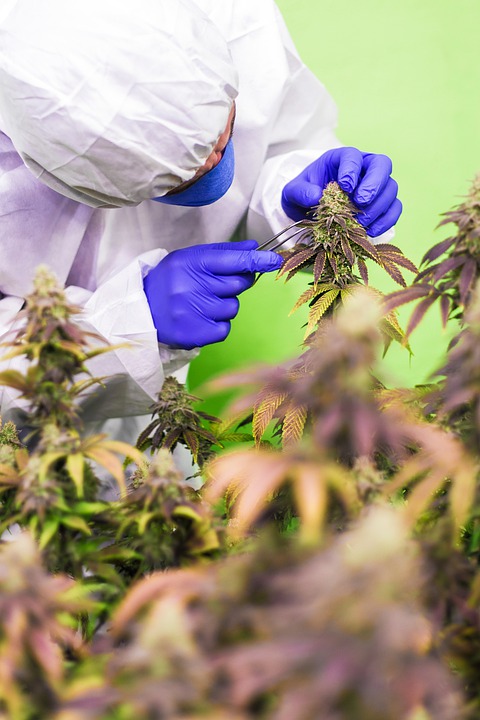With the growing interest in sustainable agriculture and the increasing demand for hemp products, hemp farming has emerged as a lucrative opportunity for farmers around the world. Hemp, also known as industrial hemp, is a versatile crop that can be used for a wide range of products, including textiles, paper, food, and cosmetics. In addition to its economic potential, hemp is also a sustainable crop that requires minimal water and pesticides, making it an attractive option for environmentally conscious farmers.
The Benefits of Hemp Farming
There are several key benefits to hemp farming that make it an attractive option for farmers looking to diversify their crops or transition to more sustainable practices:
1. Sustainability
Hemp is a highly sustainable crop that can be grown without the need for chemical pesticides or fertilizers. It also requires less water than many other crops, making it a more environmentally friendly option for farmers.
2. Versatility
Hemp can be used to produce a wide range of products, including textiles, paper, food, and cosmetics. This versatility makes it a valuable crop that can be sold to multiple markets, increasing the potential profitability for farmers.
3. Profitability
With the increasing demand for hemp products, farmers stand to make a healthy profit from growing hemp. In addition, hemp is a high-yield crop that can produce a large amount of biomass in a relatively short amount of time, further increasing its economic potential.
Challenges and Considerations
While hemp farming offers many benefits, there are also challenges and considerations that farmers should keep in mind:
1. Legal Considerations
Hemp farming is subject to regulations and restrictions in many countries, so farmers should familiarize themselves with the laws governing hemp cultivation in their region before getting started.
2. Market Demand
While the demand for hemp products is on the rise, farmers should carefully consider market demand and potential buyers before investing in hemp farming. Conducting market research and establishing relationships with buyers can help ensure a successful harvest.
3. Cultivation Techniques
Hemp requires specific cultivation techniques to thrive, so farmers should educate themselves on the best practices for growing hemp before planting their crop. This may include soil preparation, planting density, and harvest timing.
Conclusion
Overall, hemp farming is a sustainable and profitable venture for farmers looking to diversify their crops and adopt more environmentally friendly practices. With the increasing demand for hemp products and the numerous benefits of hemp cultivation, farmers have a unique opportunity to capitalize on this growing industry. By carefully considering the challenges and opportunities of hemp farming, farmers can set themselves up for success and contribute to a more sustainable agricultural future.
FAQs
Q: Is hemp farming legal in my country?
A: Hemp farming regulations vary by country, so it’s important to research the laws governing hemp cultivation in your region before getting started.
Q: What are the most profitable hemp products to grow?
A: Some of the most profitable hemp products include CBD oil, hemp seeds, and hemp fiber for textiles.
Q: Are there any government incentives or grants available for hemp farmers?
A: Some governments offer incentives or grants for hemp farmers to support the growth of the industry. Check with your local agricultural department for more information.

